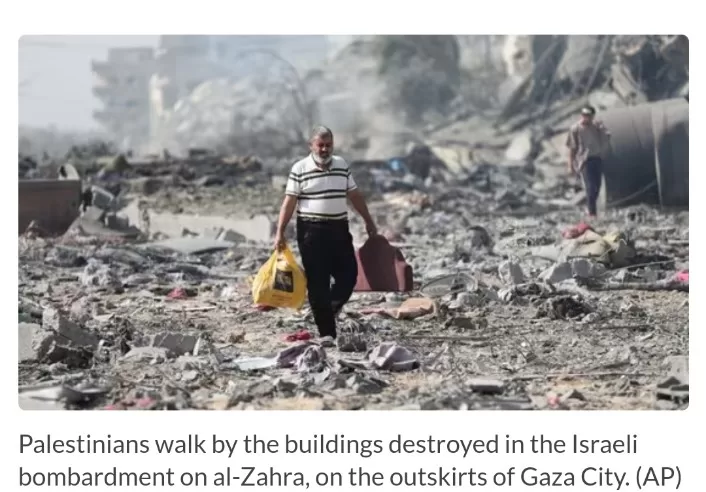In a response to the recent upheaval in the Middle East, the Israeli construction industry has made an unprecedented request to the government. They are seeking permission to recruit a substantial workforce of 100,000 Indian laborers, effectively replacing the 90,000 Palestinian workers whose employment permits were revoked following the outbreak of hostilities initiated by the Hamas attack on Israel in October.
The vice-president of the Israel Builders Association, Haim Feiglin, conveyed, “Right now, we are negotiating with India. We are awaiting the decision of the Israeli government to grant approval for this initiative. Our goal is to engage between 50,000 to 100,000 workers from India to help rejuvenate the construction sector and restore its normal functioning.”
It should be noted that approximately 25% of the Israeli construction industry’s workforce consists of Palestinian laborers. However, due to the ongoing conflict, these workers are no longer able to work in Israel.
This development is an attempt to mitigate the impact of the crisis, as Feiglin emphasized, “We are at war, and the Palestinian workers, who constitute about 25% of our human resources in the sector, are not coming; they are not permitted to work in Israel.”
In May, Israel and India signed an agreement allowing 42,000 Indian workers to be employed in Israel, primarily in the construction sector, in addition to nursing.
The current situation in Gaza, the epicenter of the conflict, has resulted in the deportation of thousands of Palestinian workers from Israel back to the besieged territory. This action followed the revocation of their work permits by Israeli authorities.
The revocation of these permits has had profound consequences, with some workers reporting mistreatment during their detention. Despite the challenges and uncertainties, the Israeli government’s decision to explore alternative labor sources underscores the determination to address the ongoing crisis and maintain the construction industry’s operations.
The Minister of External Affairs of India has not yet responded to this report.
With inputs from agencies







